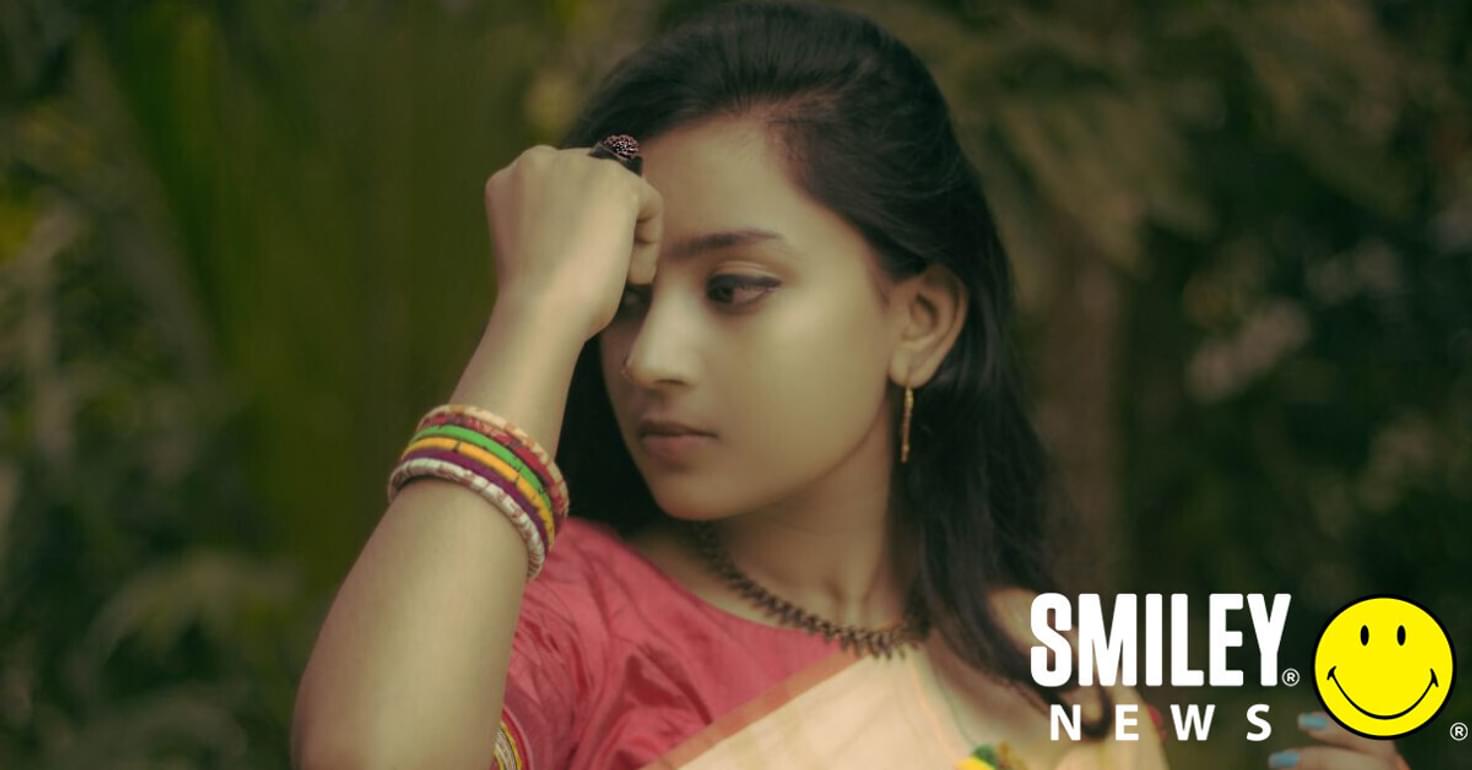
Words by Smiley Team
When Modina Begum heard that a 13-year-old girl in her village in central Bangladesh was about to be married off, she went straight to the girl’s parents and persuaded them to cancel the wedding, rescuing the teenager from a fate Begum herself had escaped.
“I convinced my parents to call off my own marriage, let me finish my studies and become self-reliant before getting married,” says Begum, now 19, as she leads a group of girls in English and digital skills at the Edge club in Narsingdi district, 50 kilometres north-east of the capital, Dhaka. “Now my parents have faith in me and I have the confidence to speak out for others.”
The Edge club initiative, run by the British Council and social development organisation Brac, is helping to equip girls with skills and teach them about their rights. The project is making breakthroughs on gender equality despite a climate of increasing conservatism and – some say – “Islamisation” in the Muslim-majority country.
Two years after the government of Sheikh Hasina introduced a law allowing girls under 18 to marry, with parental and judicial consent, in “special cases” such as early pregnancy, or where marriage would protect the “family’s honour”, rights campaigners remain divided on the extent to which the legal loophole has led to a rise in early marriage. But Bangladesh has the world’s fourth highest rate of child marriage, and they are determined to keep opposing it.
Shireen Huq, founder of women’s rights organisation Naripokkho, says: “Some people who defend the government’s action say: ‘It’s not such a bad thing, why are you so upset about it?’ They say that, in any case, the parents of the young girl must seek permission from the court, so there are built-in checks and balances.
“But we have had newspaper reports of local administrative officers rushing to the site of a marriage ceremony. As soon as they know an underage girl or boy is being married, they have the power to intervene to stop it. But now they think: ‘Yes, maybe they have permission from the court.’ Once the marriage is solemnised, it’s too late.”
Huq was speaking at the Women of the World festival in Dhaka, where deep disparities between women’s lives in urban and rural areas, and in the public and private realms, were the subject of discussions, pop-up performances and workshops.
While this month’s festival marks the first time Dhaka has hosted the international event celebrating women’s potential and confronting gender inequality, it emerged that, in a small town south-east of Dhaka, a 19-year-old woman who reported that her headteacher had sexually harassed her was doused in kerosene and set alight. She died 10 days later. The incident underlined the social issues facing women who report sexual harassment.
Original article by Jo Griffin - Source The Gardian